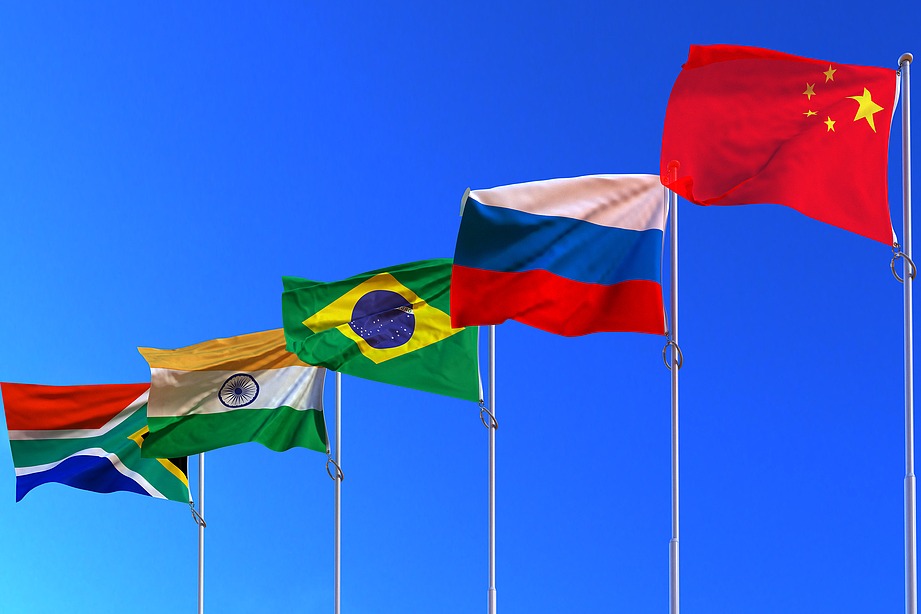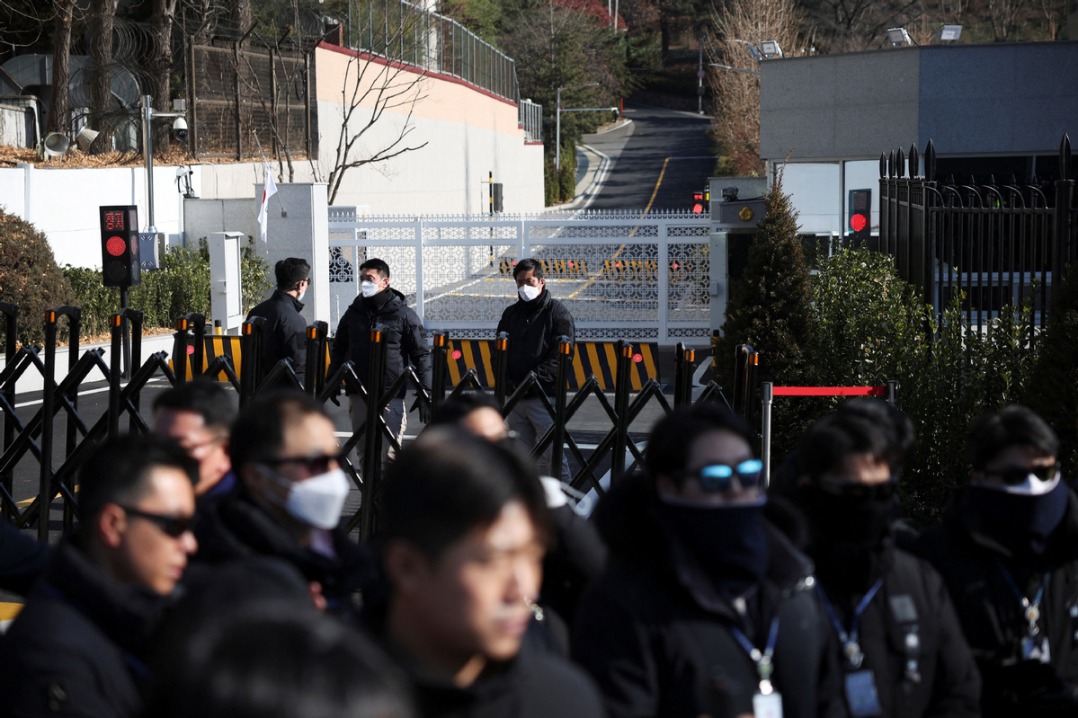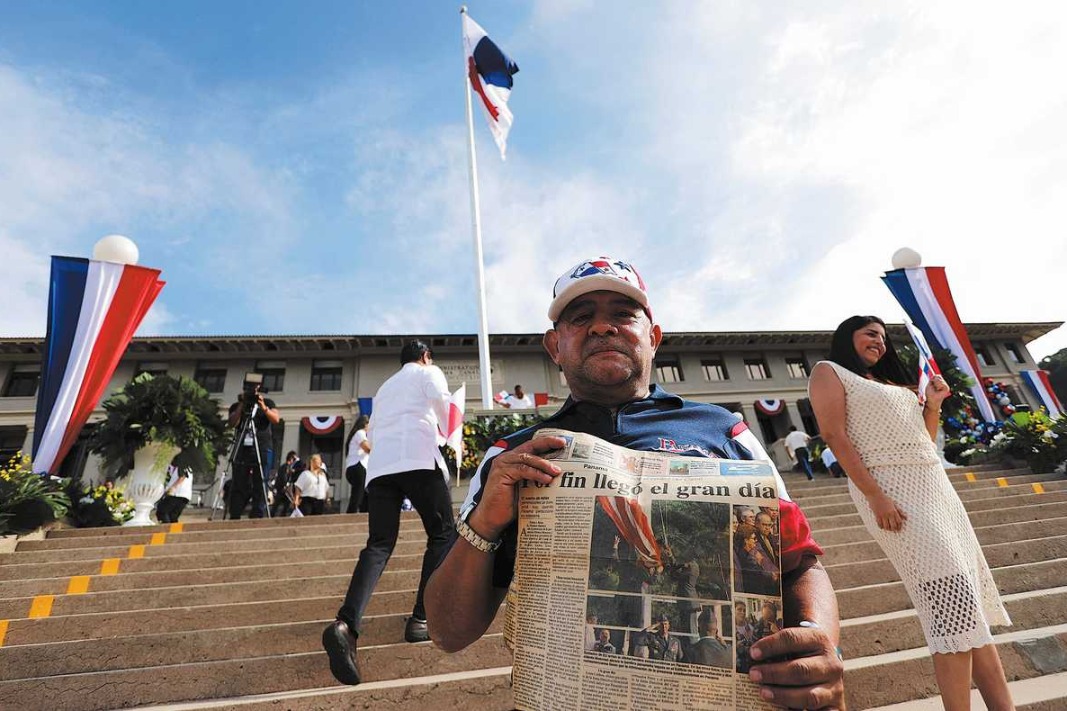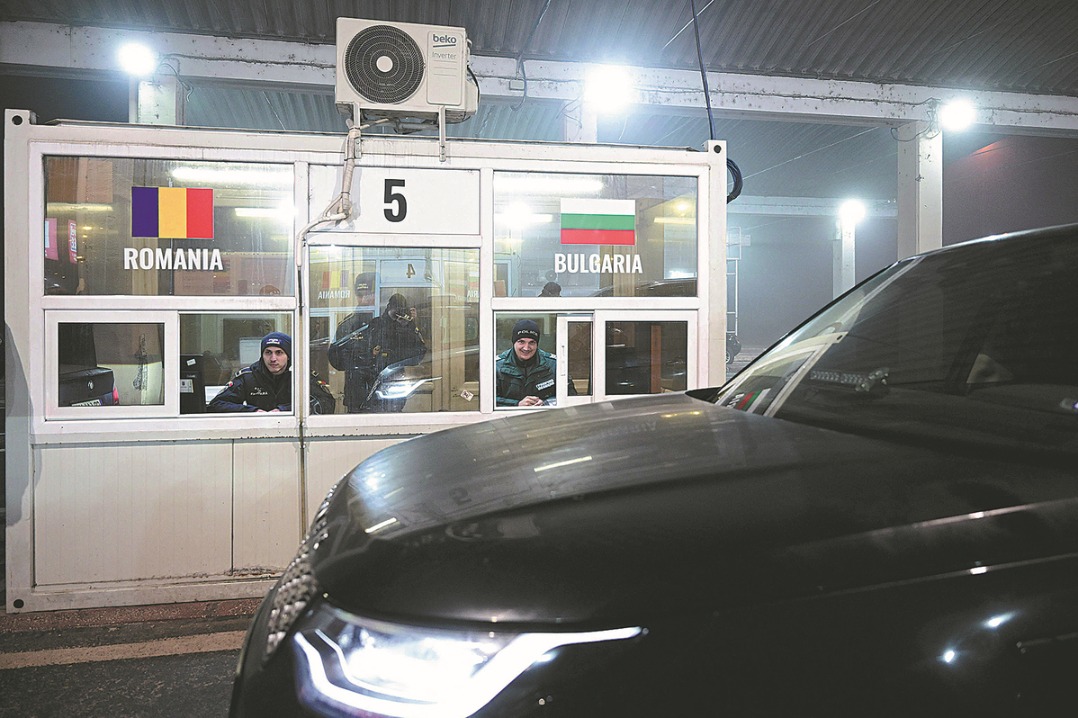Hollywood's depiction of Asians tacky

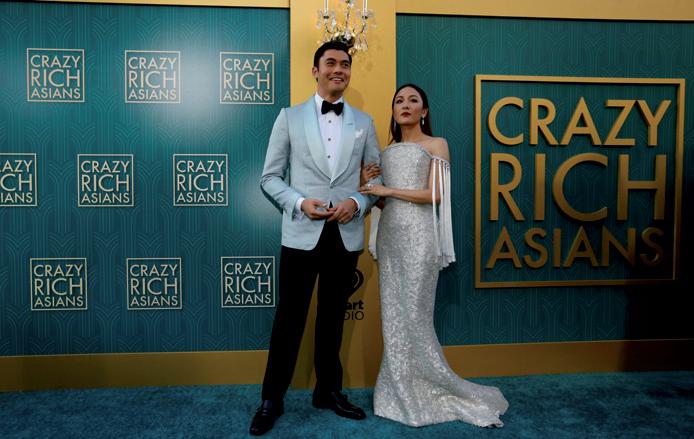
I had hoped that the movie Crazy Rich Asians [whose star Constance Wu last week was the first Asian to be nominated for a Golden Globe Best Actress Award in 40 years] would be a satire about the decadent lives of those who inherit astonishing amounts of wealth without ever doing anything to earn it. It's not.
It is a celebration of the lifestyles of young men and women who have no purpose in life except trying to look stylish and who think nothing of taking a private jet to fly from Singapore to Shanghai just to buy a million-dollar-plus bauble.
This movie has been widely praised by the politically correct chattering class in the United States for being the first movie in 20 years to feature an all-Asian cast. (They don't count movies actually made in Asian countries.)
The argument is that Asians will feel empowered by seeing someone like themselves in a movie. But I'm confident that none of the hardworking people I know in China would see anything of themselves in the shallow, spoiled, pointless money-worshippers depicted.
I'm amazed that the film has not been criticized for its glorification of great wealth and careless, extravagant spending. What happened to the outrage against income inequality? America's fashionable posers only pretend to care about that.
This is a Hollywood movie, not an Asian movie. It reflects the values of Hollywood, not of most Asians — nor of most Americans.
As might be expected, the director, Jon M. Chu, is best known for having directed two Justin Bieber documentaries. After visiting the Amsterdam hiding place of Anne Frank, Bieber famously wrote that he hoped "she would have been a Belieber'', (his word for one of his fans) if she had just not been so unfortunate as to have died in the Nazi Bergen-Belsen concentration camp. Followers of Bieber should love this movie.
The story is Jane Austen without the wit or the insight into human emotions.
Our heroine, Rachel Chu, played by daytime soap opera actress Wu, is a Chinese-American economics professor at New York University.
Her boyfriend, Nick Young, played by Singaporean Henry Golding, is also a professor of something or other at the university.
Rachel's mother arrived in New York from China while pregnant, later telling Rachel that her father died before she was born. Working her way up from poverty, Rachel's mother eventually becomes a successful middle-class real estate agent in Queens.
We are told that Nick and Rachel are in love. But there seems to be no chemistry between them. Nick unexpectedly asks her to accompany him back to Singapore, where he will be best man in a wedding. Rachel has no idea that he is rich until they are booked into a first-class bedroom for the flight.
The plot from there is predictable. Nick's family rejects Rachel because she is not from a wealthy family. She overcomes lots of snubs to eventually get her man.
Nick catches Rachel to propose marriage while she is boarding her economy class flight back to New York. But he does this only after getting permission from his mother.
Nick's mother, our villain, played by Michelle Yeoh, is ridiculed as a hypocrite. She spends more in a week, maybe in a day, than most people earn in a lifetime, but still quotes the gospel of Matthew: "Do not store up for yourselves treasures on Earth, where moths and vermin destroy and where thieves break in and steal. … For where your treasure is, there will your heart be also."
I felt it was my duty to read the trilogy of books by Singaporean Kevin Kwan, on which the movie is based. Be warned, the second book moves the story to the Chinese mainland. It turns out that Rachel's real father is one of the richest men in China. That makes her acceptable to Nick's family and friends.
I've been trying to figure out how China transformed itself in 40 years from one of the poorest countries in the world to its current upper middle-income status. So, I've asked lots of Chinese why they think this was possible. The almost universal answer is that it's because Chinese people work so hard.
Contact the writer at [email protected]

















